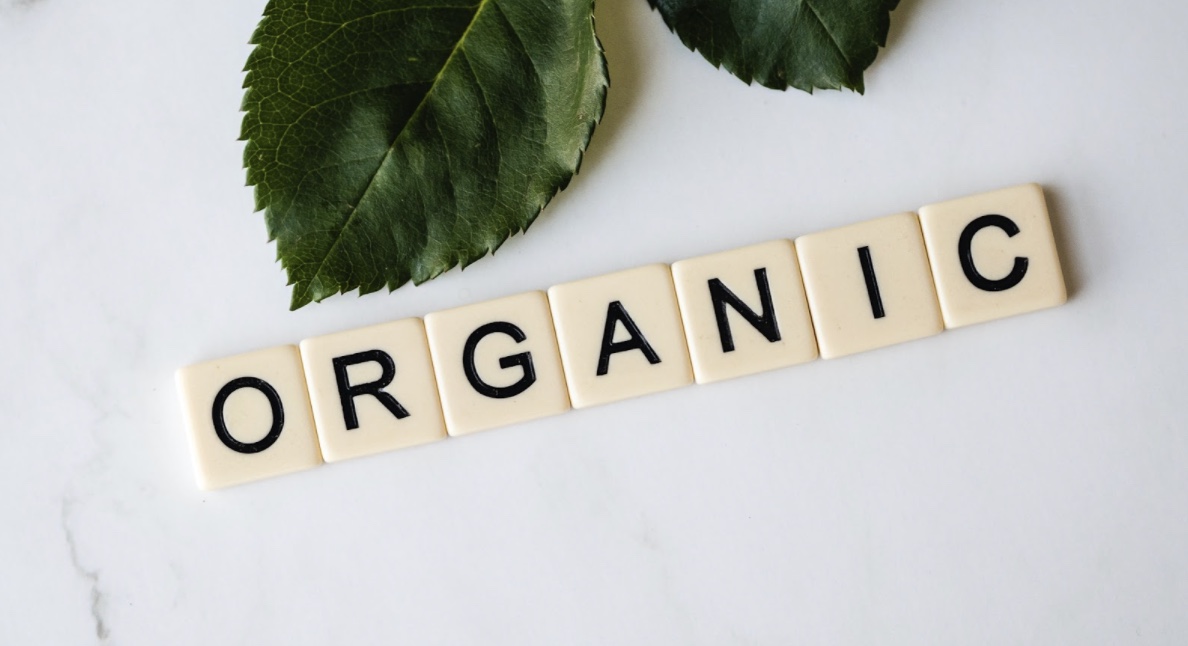We all want to live more healthily. This might mean finding out about the benefits of argan oil or looking into new cooking techniques. However you go about leading a more healthy life, there are options open to you.
Certainly, one area that has blossomed over the past years is the organic foods industry. It’s an all-around practice that impacts everything from the farm to the table, improving our general health along the way.
Chapter Overview
100% Organic
When you see the product label stating that it’s 100% Organic, that’s the indication of pure organic. That means everything that went into the product, from the farm to the table, is totally compliant with organic standards.
In some instances, only particular aspects of the production are fully compliant, so it’s reassuring to find this indication on your labels.
Organic
When a product is labeled as “organic,” it might mean that only 90% of the ingredients and practices involved in its development are fully organic. It’s still great that the product has such a high organic content, but be aware of that basic fact.
It’s usually as a result of the manufacturing procedures, in these cases. Some processing plants aren’t yet equipped to label themselves as entirely organic, but this may be changing for most manufacturers.
Made From Organic
The label “made from organic” indicates that the product in question has only 75% organic content. This means that 25% of the ingredients and processes involved are not fully organic compliant.
It’s fantastic that products are moving increasingly toward the organic side of things, but it’s important to realize that not everything can be made fully organic right away. Many products are gradually becoming fully organic over time.

Environmental
The basis of the organic industry is essentially twofold. First, the desire is to produce the healthiest foods possible for consumption, for the wellbeing of people. Secondly, the organic method is more environmentally friendly too.
So, it’s really a “two birds with one stone” kind of idea. We try to better the health of human beings directly while indirectly also improving our farming and manufacturing processes simultaneously.
When food is produced without synthetic additions, growth hormones, pesticides, and other junk, the result is simply superior for health and wellness. This is clearly true in terms of both the categories, human and environmental alike.
It’s not completely exclusive to human foods, either. The drive towards better quality is growing in leaps and bounds, and is beginning to include our furry friends too! It’s well worth looking into this evolving area if you’re a pet owner.
Medical
While organic products and methods are broadly beneficial across the range, in terms of health and wellness, it’s always a good idea to ask for medical advice. While certain organic produce is very healthy, the particular product itself may not be.
Certain fruits, vegetables, and crops may not always be ideal if you have specific medical requirements. Just because a product is organic doesn’t mean you should include them in your diet.
Many crops are naturally high in compounds that may not work for you, for example. This won’t change because that crop has been grown organically, so you should still be sure the product isn’t bad for your condition before you purchase it.
Some Last Thoughts
The whole drive towards organic foods is a wonderfully positive one, and we welcome all developments in this area. Soon enough, it will become difficult to find crops that aren’t organically grown, sourced, and produced.
That’s the end goal. It would be really great to see all farming practices turn to more organic methodologies. For the sake of humanity, the earth, and all our futures, it’s the only way to go. It’s likely to benefit farmers in the long run, as well.

